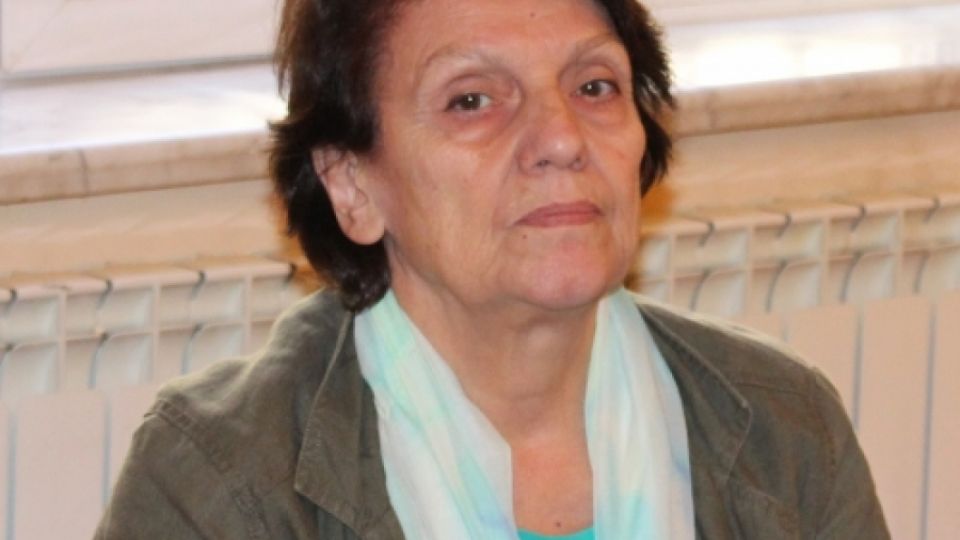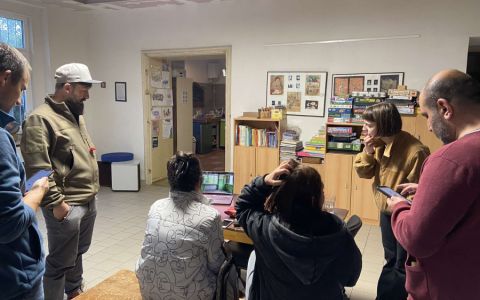Currently, operating enterprises and companies do not bear any real responsibility for environmental pollution or social commitments to local communities that are affected. This particularly worrying situation relates to the health of the population living in the places where mining and the non-ferrous metal industry operate. In an interview with EcoLur, Elena Manvelyan, President of the “Women for Health and a Healthy Environment” NGO, who has a PhD in Medical Sciences, gave an assessment of the impact of heavy metals and toxic elements.
Armenia lacks protective measures to neutralize the wastes caused by mining and the emissions of mining companies, despite the fact that:
- the Code on Subsoil of the Republic of Armenia has been amended twice,
- amendments were made to the Law of the Republic of Armenia “On Wastes”,
- institutional changes having occurred,
- Armenia joined the international initiative on mining transparency – EITI (Extractive Industry Transparency Initiative),
- and foreign activities in the mining sector are laid down as priorities for investment.
“The sorrowful statistics of cancer morbidity in Armenia are not accidental; Armenia is a leader in a number of cancerous diseases – breast cancer, lung cancer, pancreatic cancer, etc. It's beyond any doubt that the pollution of the environment here plays a decisive role. Heavy metals penetrate into the human organism through all biological barriers – lungs, skin, mucous, GIT with food, air, and water. Many heavy metals form stable complexes with organic substances which enables them to move long distances in a dissolved state,” Elena Manvelyan stated.
In reply to the question of how heavy metals are hazardous for human health, she noted: “The fatal effect of an excess of heavy metals and toxic elements starts at cellular level, causing intoxication and mutation. They block the performance of the ferments which are responsible for clearly defined reactions of the organism. They disturb the permeability of the membrane of the cells, which, in turn, leads to the disturbance of the homeostasis of cells and cells start producing new substances which are not particular to the organism, thus changing the natural rhythm. Heavy metals get out of the organism at a slow rate and get collected in the liver, kidney, and blood vessels, thus reducing their filtration ability. Irreversible processes start when heavy metals reach our nervous system.”
Manvelyan also outlined that the problems of the mining sector do not have a unified nature but reflect the whole situation. “Businesses avoid the responsibility for violations related to their activities. There is a lack of any mechanisms for feedback between local communities and companies. In their turn, local communities do not possess clear and honest information about the impact of emissions and mining wastes on health, and they do not know how to protect their health and habitat,” she added.
The new international joint project of the Arnika NGO from the Czech Republic (implemented with the financial support of the Ministry for Foreign Affairs of Czech Republic) should help to protect the rights to health and a healthy environment for the locals living in the ”hottest” mining areas of Shnogh and Teghout, and also in Alaverdi and Akhtala. “In order to achieve significant results, we will use various strategies and methods. These include the analyses of samples of soil, water, and products grown in these areas. The outcomes of the project will be widely discussed and covered in the mass media,” Elena Manvelyan said.
This article was published in English, Russian and Armenian on the website of the local
informational NGO EcoLur and used by Arnika with author's authorization.







